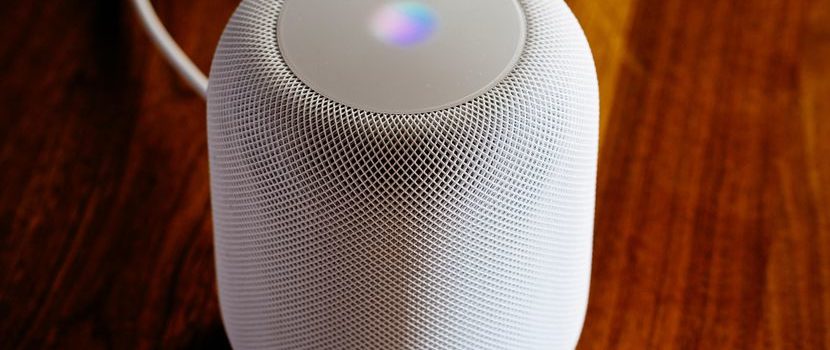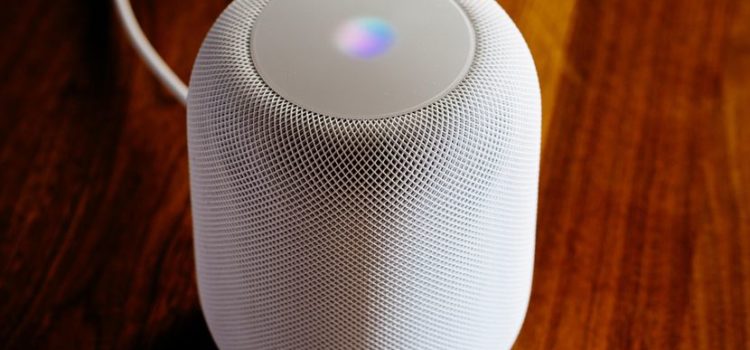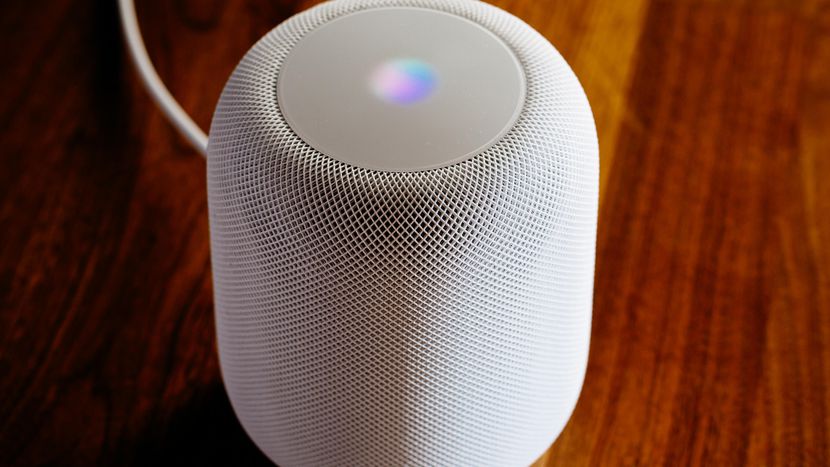


Apple’s attempts to break into the smart speaker market have been unimpressive so far. While Amazon and Google rule the roost, Apple lags behind the competition with the HomePod. What are some ways they could pull the nose up on this crashing plane? Well, here’s hoping someone at Apple is reading this, because we’ve got the answers.
Third Parties
Apple’s home platform, HomeKit, isn’t third-party friendly. Third party hardware manufacturers interested in pairing with HomeKit had use the MFi Chip, a proprietary Apple piece of hardware. While Apple has since reversed the MFi Chip requirement, it put a black spot on their relationship with third parties. Google and Amazon, by contrast, had no such restrictions, and thus they have a wider base of support from third parties. Apple needs to prioritize winning back those third-party functionalities.
Further, Apple doesn’t let anyone outside of their main R&D department make functionality for Siri. While Amazon has allowed tons of third-party developers to introduce new skills to Alexa, Apple has done no such thing for Siri. And it shows: Alexa is amazing! She has so many skills, answers to so many things! Siri, uh, doesn’t. Apple could introduce a platform for developers to submit new Siri skills that they could carefully regulate. This would allow their platform to be more desirable to end users without flooding the software with tons of useless commands.
Music Streaming Functionality
This one is a sore spot for many. The HomePod is largely marketed as a speaker first and smart device second. So why in the world is it so hard to use anything other than Apple Music on the device? You can only use voice commands from the device to play Apple-approved music sources. Apple Music, Beats 1 Radio and the like are white-listed. Every other streaming service has to be activated from the phone via AirPlay 2.
Again, this is disappointing when compared to the competition. Both Google and Amazon smart speakers allow voice commands to bring up Spotify, YouTube and the like. If Apple wants their speaker to be taken seriously as a music-first device, their design needs to be music-first. This one’s a no-brainer.
HomePod: About That Price…
Both Amazon and Google offer $50 entry-level speakers. The HomePod is three hundred and fifty freaking dollars. $350. That is a positively bananas price point, and likely the main reason the speaker is struggling. Seriously, where is Apple’s budget speaker? HomePod Mini, or HomePod Nano, whatever. They’d think of some cute name.
That’s really not even to say that the HomePod, as it stands, itsn’t worth $350. It may well be worth that. But Google and Amazon offering comparable technology for three hundred less dollars makes the premium HomePod a really, really tough sell.
Well, there you have it. I hope Apple took note, because I’d love to see them be competitive in this field. Competition, after all, is great for the end consumers (hey, that’s us)!











No comments so far.
Be first to leave comment below.